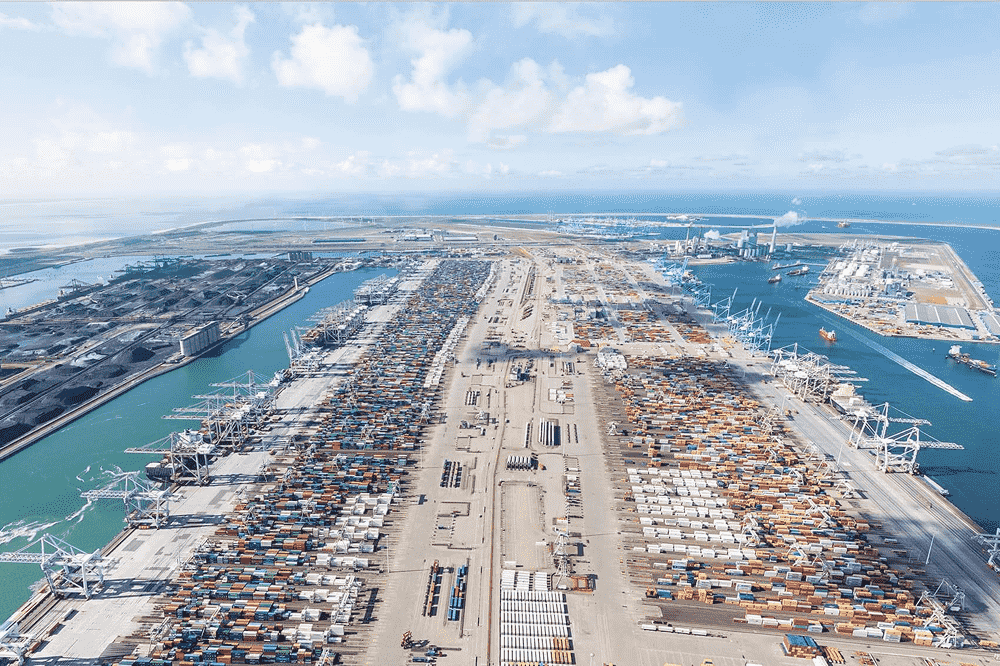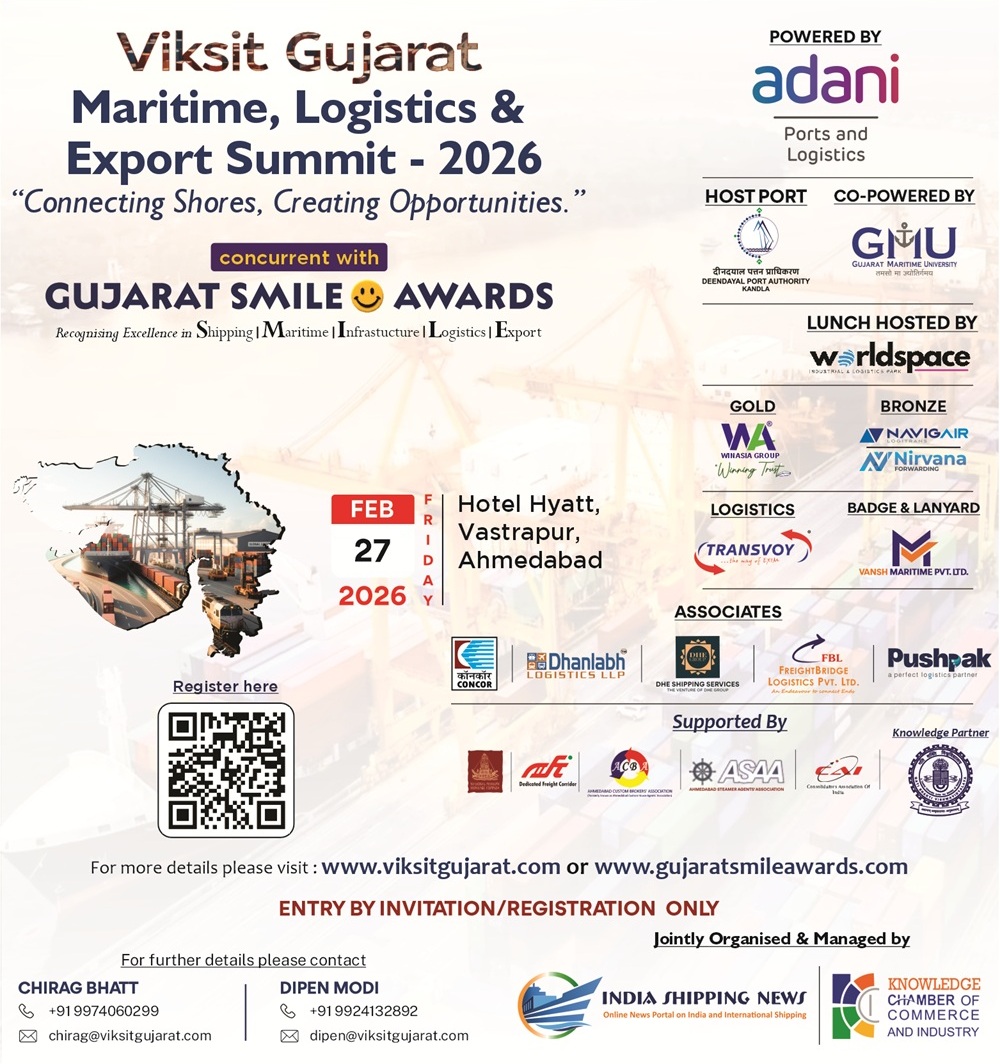
Antwerp, Rotterdam ship queues grow amid prolonged strikes
ROTTERDAM: Separate indefinite industrial actions have hit the Belgian Port of Antwerp and the Port of Rotterdam in the Netherlands in recent days, leading to growing ship queues at Europe’s two busiest ports, port authorities said Oct. 10.
The Professional Association of Flemish Pilots’ members have reduced their working hours since Oct. 5 due to dissatisfaction with the federal pension reforms.
The Port of Antwerp-Bruges reported 90 ships were without a known schedule, and 22 experienced delays in Antwerp as of the morning of Oct. 10, compared with 51 ships awaiting pilotage services on Oct. 6.
Antwerp, Europe’s second-largest port in cargo volumes and bunker deliveries, has faced several industrial actions in recent quarters. Past disruptions usually lasted for days and were limited, as ample notice was given.
The Port of Antwerp-Bruges recorded 132.2 million metric tons of oil, dry bulk, containers and other types of cargo in January-June, down 4.3% year from the same period of 2024.
Bunker sales in the two ports adjacent to each other totaled 4.2 million mt in the six months, up from 3.7 million mt during the first half of 2024, according to port data.
Platts, part of S&P Global Commodity Insights, assessed the delivered bunker price for very low sulfur fuel oil at $440/mt in Antwerp on Oct. 9, up from $434/mt on Oct. 6.
Congestion in Rotterdam
Separately, the FNV union has led a strike among lashers at Rotterdam’s container terminals since Oct. 8, and the industrial action, originally scheduled to last for 48 hours, remained ongoing at the time of publication.
Rotterdam’s port authority said it has initiated court proceedings with some business organizations to end, suspend or limit the strike due to its social impact.
“The port is at a standstill, much of society is also grinding to a halt,” the Port of Rotterdam said in a statement. “Households, industry, and transport in Northwest Europe depend on the port for their daily functioning. If the strike continues any longer, major social problems will arise within a few days, related to deliveries to shops, healthcare, and other sectors.”
The Journal of Commerce, owned by S&P Global, said APM Terminals Maasvlakte II, Hutchinson Ports Delta II, ECT Delta and Rotterdam World Gateway are affected by the strike.
Port spokespersons confirmed to Platts that 18 containerships were in the anchorage area as of the afternoon of Oct. 10, and that liquid, dry bulk terminals and bunker operations have not been affected.
Rotterdam, Europe’s largest cargo and bunker port, reported a 2.7% year-on-year growth in container throughput to 7 million twenty-foot equivalent units in January-June.
Source: Platts

